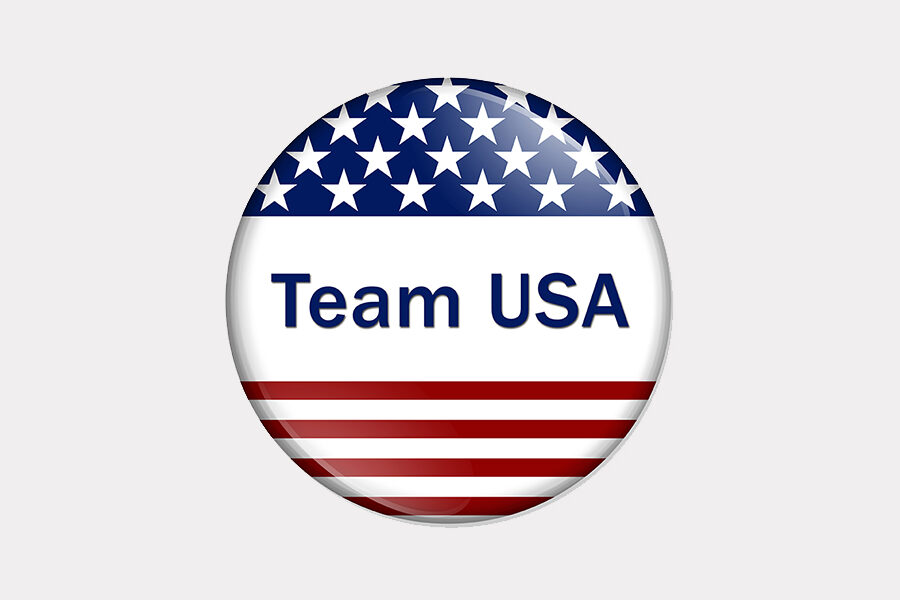Technology Helps Close $25 Trillion Financial Protection Gap

Life insurers are leveraging new technology and data analytics to insure more people and help customers live longer, better lives.
A variety of data sources make it possible to evaluate an applicant’s risk profile in real-time. Consumers looking for a quick quote and wanting to avoid a paramedical exam may authorize to access public records, motor vehicle records, prescription records and other information.
The programs making this possible often use a “rules engine” — similar to a traditional underwriting manual — to identify the right policy for each applicant.
Consequently, applicants can now obtain a life insurance quote in a fraction of the time it used to take. And they can get quotes directly from a smartphone or computer, rather than meeting with an insurance agent.
These kinds of fast, streamlined insurance purchasing options are at work to help close the $25 trillion protection gap in the United States. They mean more families can experience financial stability and security after a devastating personal loss.
Such innovations in underwriting also help insurers cover more applicants, as customers with conditions who once were uninsurable are increasingly able to find life insurance coverage.
Life insurers worldwide are increasingly “offering apps, digital logbooks, online medical consultation, lifestyle planning, and even diet and exercise intervention” to help customers live healthier lives. Those who participate can receive lower premiums. Those who hit certain healthy lifestyle targets receive additional discounts. Insurers in South Africa, Asia and around the world are actively using these tools to help customers manage conditions like diabetes and HIV and live longer and healthier lives.
Insurers’ ability to offer these types of innovative programs in the United States depends on the regulatory environment here. Insurers and state regulators ought to work closely together to promote their mutually shared goal of protecting the consumer’s interests as advanced products provide meaningful new benefits for U.S. consumers.





